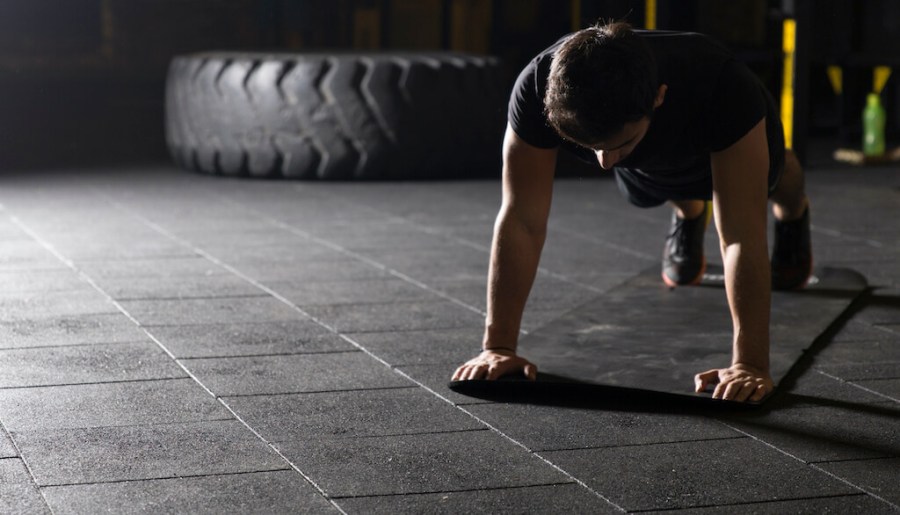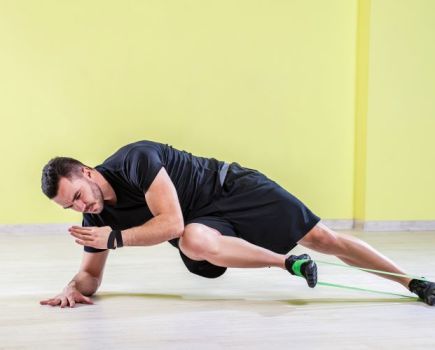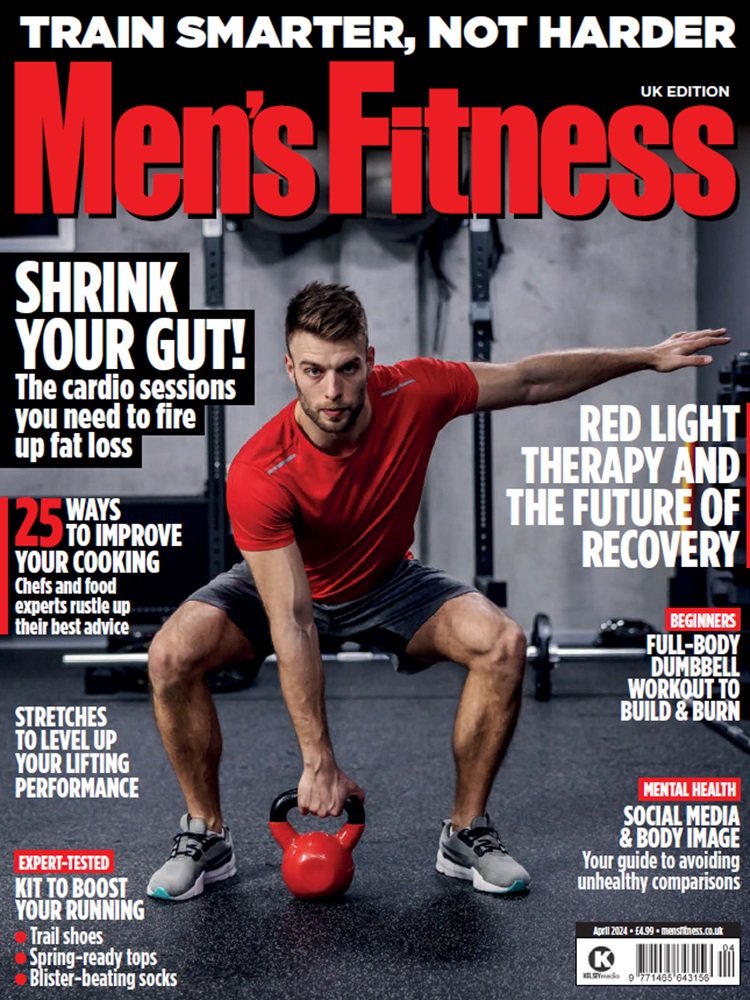Ramadan, the ninth month of the Islamic calendar, is observed by Muslims around the world. One of the Five Pillars of Islam, it involves a month of fasting during daylight hours as a mark of devotion to prayer and reflection.
Because no food or water are consumed during daylight hours, it’s easy for energy and fitness levels to dip, but by tweaking your diet and training approach during Ramadan you can keep health and performance in check.
Here PT Sunny Salique explains how he does it…
Training during the holy month of Ramadan can be difficult, because dehydration and loss of muscle mass is a massive factor.
That said, I love to train during Ramadan, even though – just like most strength athletes – I’m wary of losing muscle mass while fasting.
Trying to build more muscle always seems impossible, but the key to this month’s training is to be consistent and not push your body more than it can take.
The following Ramadan nutrition and fitness tips are what I have been successfully using for the last five years.
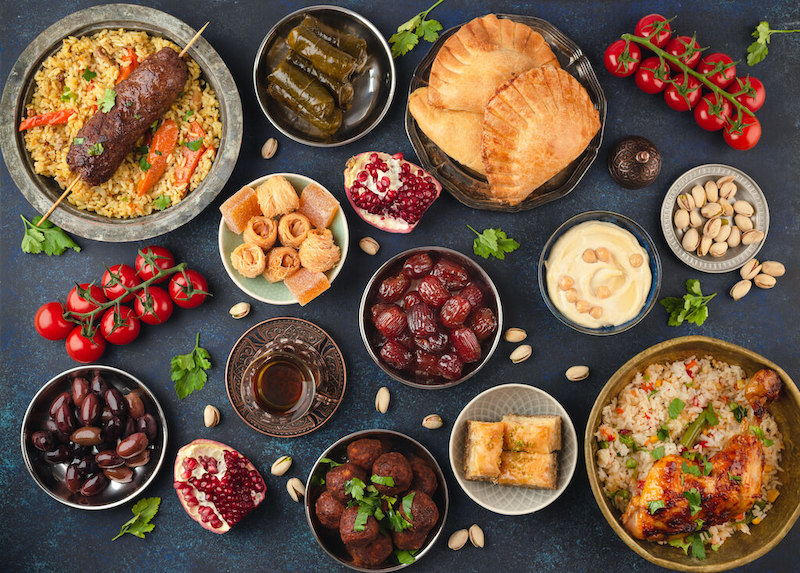
Even when eating less, aim to make those morning and evening meals as nutritious as possible
How to keep nutrition on track during Ramadan
Drink more water
Drinking extra water in the morning and evening is vital to ensure your body can maintain a better fluid balance. Water increases satiety – the feeling of fullness – so you won’t be quite as hungry, either.
Stay healthy
Obviously you’re not going to be eating when you normally would, but you still need to make sure you’re giving your body the nutrients and minerals it needs to function effectively. Avoid binging on saturated fats and processed carbs when it comes time to eat.
Maximise morning meals
Eat a good meal in the morning, which consists of complex carbohydrates (oats are the textbook example), protein and healthy fats. Your body breaks complex carbs down slowly throughout the day, leaving you with sustained energy; unlike the sugar spikes and dips associated with simple carbohydrates.
Take slow protein before bed
Slow-release proteins are absorbed by your body throughout the night and contribute to enhanced recovery. I usually take a casein protein shake, like Bio-Synergy’s Super 7 Super Max, but you could also have some lean cottage cheese, a handful of nuts, or a spoonful of nut butter.
Prioritise protein in general
Keep a close eye on your total protein intake, especially if you continue to exercise during Ramadan. Your body desperately needs these proteins to restore and repair its muscles after a heavy workout. For anyone training regularly, aim for around 2g of protein per kg of bodyweight.
Chew things over
When it comes to the process of eating, eat slowly and patiently, and chew well. This will prevent you from becoming full too quickly and suffering from stomach cramps or nausea throughout the day.
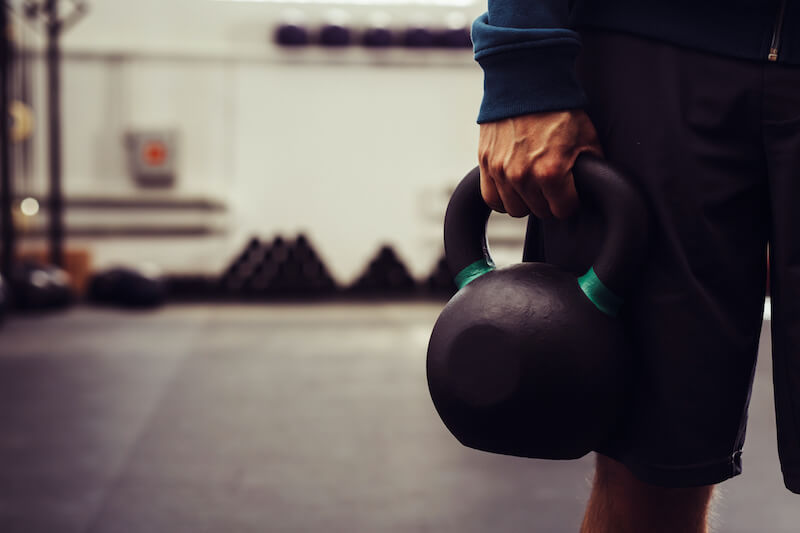
Train around your meals to prevent slumps in energy
How to stay fit during Ramadan
Work out before you eat
Try to train in the evening, prior to iftar (the meal served at the end of the day) if you have the energy, or before eating in the early hours of the morning. Either way, you can then provide your body with the necessary nutrients immediately after training.
Join the right gym
Personally, I’m a member of a 24/7 gym. Even if you just join for a month, you can train between meals to keep your performance on track.
Don’t overdo it
Hold your fixed training frequency to keep your muscles stimulated, without putting too much strain on your body. Maintenance, rather than pushing for big progressions, should be the goal this month. If you feel that your body is tired, shorten your workouts. A training session of 45-60 minutes is easy to sustain, even during fasting.
Enter the compound
Start each workout with compound exercises: think deadlift, front squats and your big pushes and pulls. These moves target multiple muscle groups and rev up your metabolism – providing the most bang for your buck when time and/or energy levels are tight. The less technical, isolated stuff can be done towards the end of your sessions.
Stay water tight
Hydration is essential at all times, but during Ramadan especially you want to make sure you lose as little water as possible. Stay out of the sun and don’t exercise at the hottest time of day.
Rest up
During Ramadan, you often get up early and go to bed late, but sleep is the lynchpin of effective recovery. Catch up on any missed part of your sleep during the day where possible, and aim to make the most of the sleep you do get by ticking off the following sleep checklist:
✓ Is my bed comfortable?
✓ Do I have black-out blinds?
✓ Is the bedroom cool?
✓ Is it quiet?
✓ Am I relaxed?
✓ Have I had wind-down time?
✓ Did I exercise today?
✓ Did I finish work early enough?
Sunny Salique is a qualified personal trainer and an ambassador for sports nutrition and wellness company Bio-Synergy.

